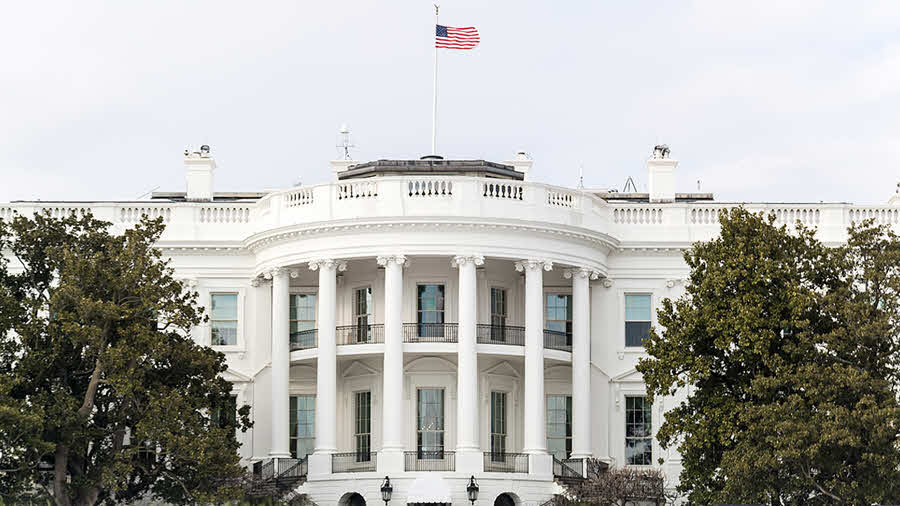Report: Trump to Withdraw Proposed V2V Mandate

The smarter way to stay on top of broadcasting and cable industry. Sign up below
You are now subscribed
Your newsletter sign-up was successful
The Trump Administration will roll back a proposed Obama-era mandate that future cars use vehicle-to-vehicle communications (which uses the upper 5-GHz band). That is according to the Associated Press citing sources in the auto industry.
NCTA-The Internet & Television Association had issues with the proposal, saying it was misguided and threatened the future of wireless communications.
Broadband providers have been pushing the FCC to open up the band for unlicensed wireless use--for Wi-Fi hotspots--sharing that spectrum with V2V communications, and signaled to DOT that it was straying into that agency's lane.
In December 2016, the Department of Transportation proposed mandating vehicle-to-vehicle communications (using dedicated short-range communications or DSRC) on all passenger cars and trucks, which it said would prevent hundreds of thousands of crashes.
The DOT Notice of Proposed Rulemaking would also have required that "all V2V devices must 'speak the same language' through a standard technology. The agency is also proposing that privacy and security measures are employed "in any V2V device."
Public Knowledge said it backs the Trump Administration move.
“I'm glad to see the Department of Transportation back away from a plan which, as we have repeatedly demonstrated, would actually make American drivers less safe," said SVP Harold Feld. "That said, this is hardly surprising -- especially in the wake of last fall’s report describing how the proposed DSRC mandate dramatically enhanced the vulnerability of cars to cyberattacks and ransomware."
The Consumer Technology Association just this week was noting that the Trump Administration had been sending positive signals about driverless car tech. For example, in September DOT issued new safety guidelines for Automated Driving Systems (ADS) that pave the way for testing and deployment of the systems, which will work hand in driving glove with broadband-based vehicle-to-vehicle communications given the need for the exchange of data.
"V2V technology is — if implemented correctly — a life saving technology," said John SImpson, privacy project director for COnsumer Watchdog. "It requires cybersecurity standards and you can’t have different cars from different manufacturers speaking different ‘languages' so they can’t 'talk' to each other. Enforceable federal standards are necessary and that requires a rule-making and regulations.
"Just as with with autonomous cars, the Trump Administration once again is taking a pass when it comes to our safety on the highway, but the general lack of progress isn’t at all surprising when President Trump can’t even be bothered to nominate a NHTSA administrator.”
The smarter way to stay on top of broadcasting and cable industry. Sign up below
Contributing editor John Eggerton has been an editor and/or writer on media regulation, legislation and policy for over four decades, including covering the FCC, FTC, Congress, the major media trade associations, and the federal courts. In addition to Multichannel News and Broadcasting + Cable, his work has appeared in Radio World, TV Technology, TV Fax, This Week in Consumer Electronics, Variety and the Encyclopedia Britannica.

